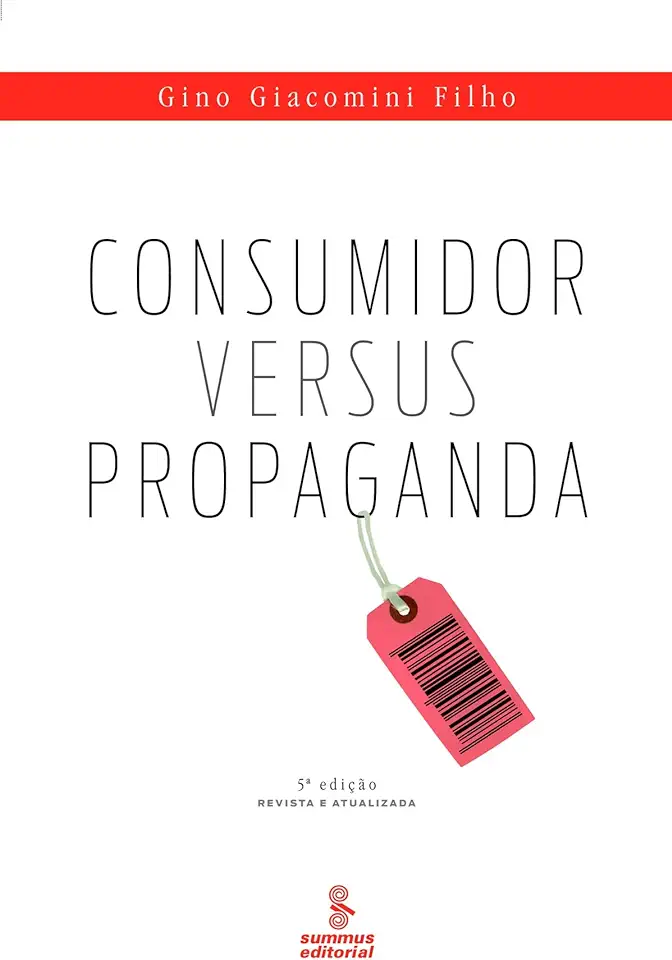
Consumer Versus Advertising - Gino Giacomini Filho
Consumer Versus Advertising: The Battle for Your Mind
In the book "Consumer Versus Advertising: The Battle for Your Mind," Gino Giacomini Filho takes a critical look at the advertising industry and its impact on consumers. He argues that advertising is a form of manipulation that is designed to make people buy things they don't need or want.
The Power of Advertising
Advertising is a powerful force in our society. It is estimated that the average person is exposed to over 5,000 advertisements every day. This constant bombardment of messages can have a significant impact on our thoughts, feelings, and behaviors.
Advertising works by creating a desire for products or services that we may not have otherwise considered. It does this by using a variety of techniques, such as:
- Emotional appeals: Advertisements often appeal to our emotions, such as our desire for love, acceptance, or status.
- Fear appeals: Advertisements can also use fear to motivate us to buy a product or service. For example, an advertisement for a security system might show a family being robbed in their home.
- Bandwagon appeals: Advertisements can also use bandwagon appeals to convince us that everyone else is buying a particular product or service. For example, an advertisement for a new smartphone might show a group of people all using the phone and having a great time.
The Negative Effects of Advertising
Advertising can have a number of negative effects on consumers, including:
- Increased materialism: Advertising can lead to increased materialism, which is the belief that happiness can be achieved through the acquisition of possessions.
- Debt: Advertising can also lead to debt, as people are often tempted to buy things they can't afford.
- Environmental damage: Advertising can also contribute to environmental damage, as it encourages people to buy products that are not environmentally friendly.
- Health problems: Advertising can also lead to health problems, as it encourages people to eat unhealthy foods and drink sugary drinks.
How to Resist Advertising
There are a number of things you can do to resist advertising and its negative effects, including:
- Be aware of the techniques that advertisers use. Once you are aware of the techniques that advertisers use, you can be more critical of their messages.
- Don't compare yourself to others. Advertising often compares people to others who are more beautiful, successful, or wealthy. This can lead to feelings of inadequacy and dissatisfaction.
- Set realistic goals for yourself. Don't try to buy everything that you see advertised. Set realistic goals for yourself and focus on what is important to you.
- Support companies that are socially responsible. When you buy products from companies that are socially responsible, you are helping to support businesses that are committed to making a positive impact on the world.
Conclusion
Advertising is a powerful force in our society, but it is important to be aware of its negative effects. By being critical of advertising messages and setting realistic goals for yourself, you can resist the temptation to buy things you don't need or want.
"Consumer Versus Advertising: The Battle for Your Mind" is a must-read for anyone who wants to understand the impact of advertising on our society. It is a wake-up call that will help you to make more informed decisions about the products and services you buy.
Enjoyed the summary? Discover all the details and take your reading to the next level — [click here to view the book on Amazon!]